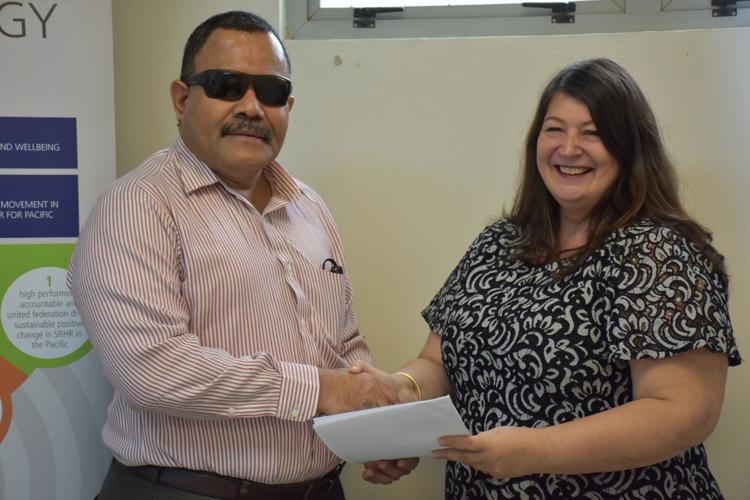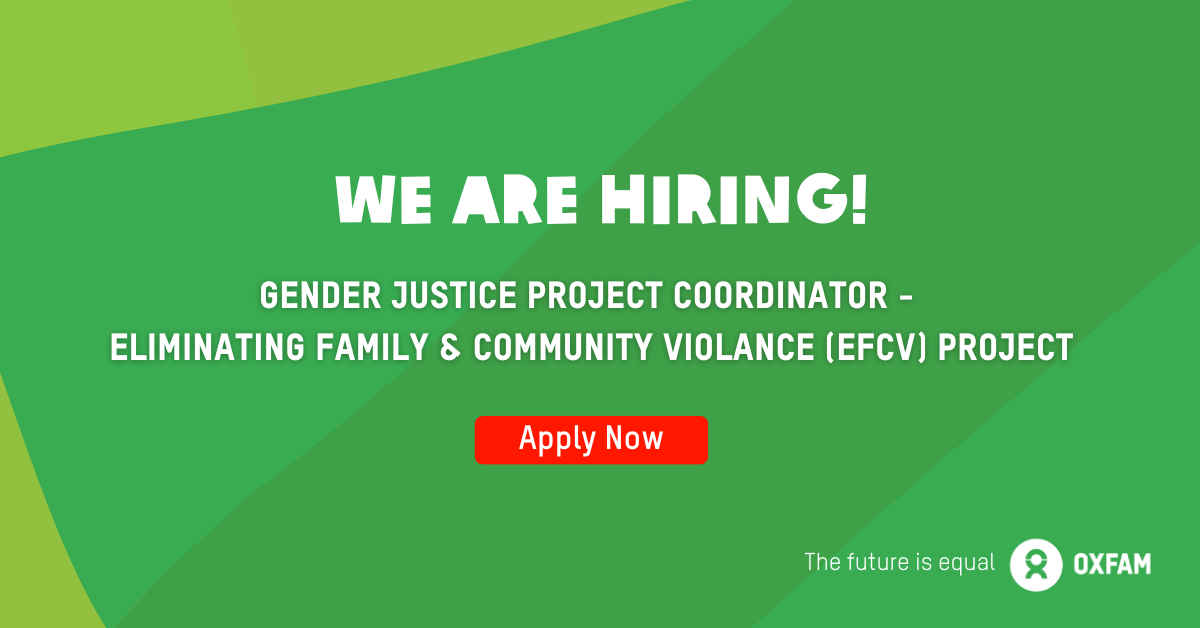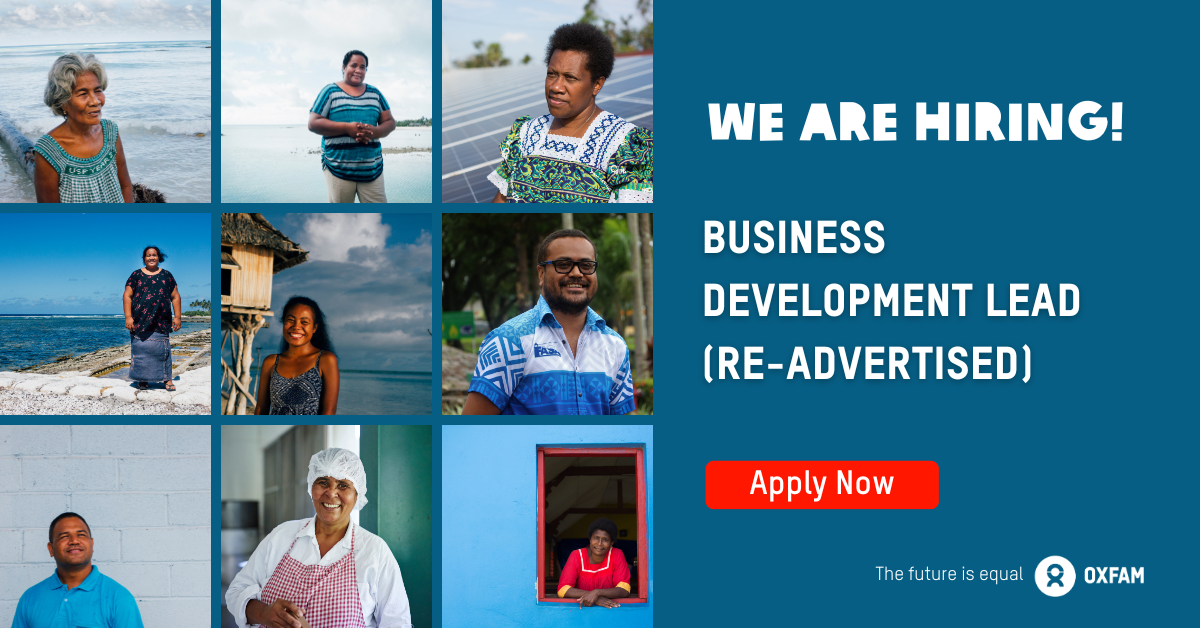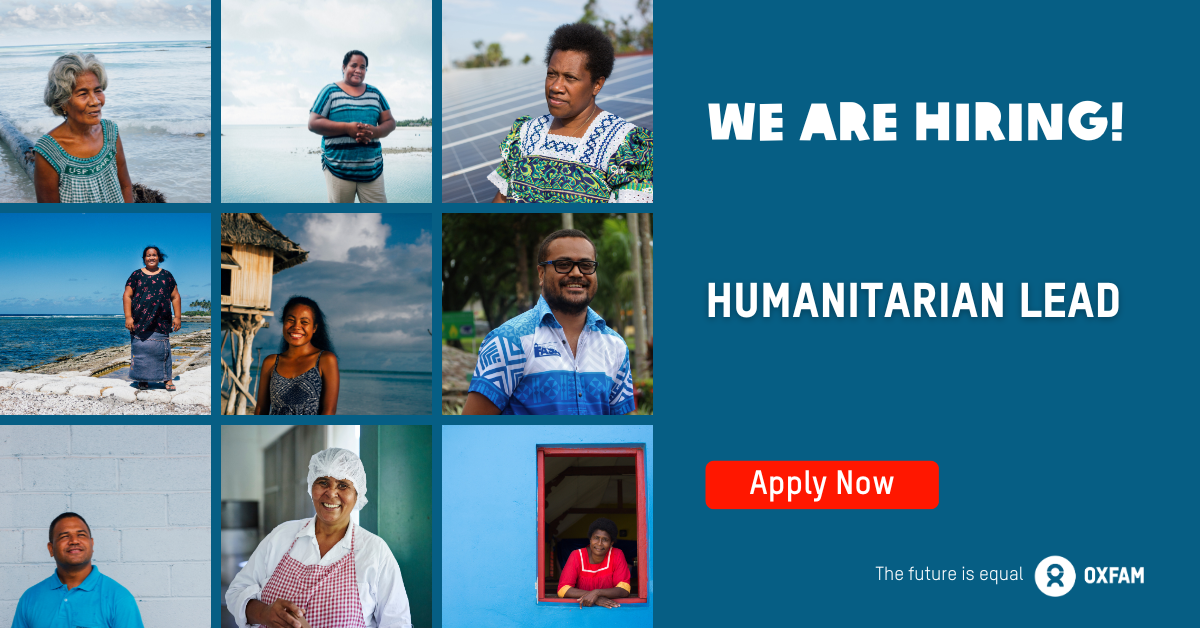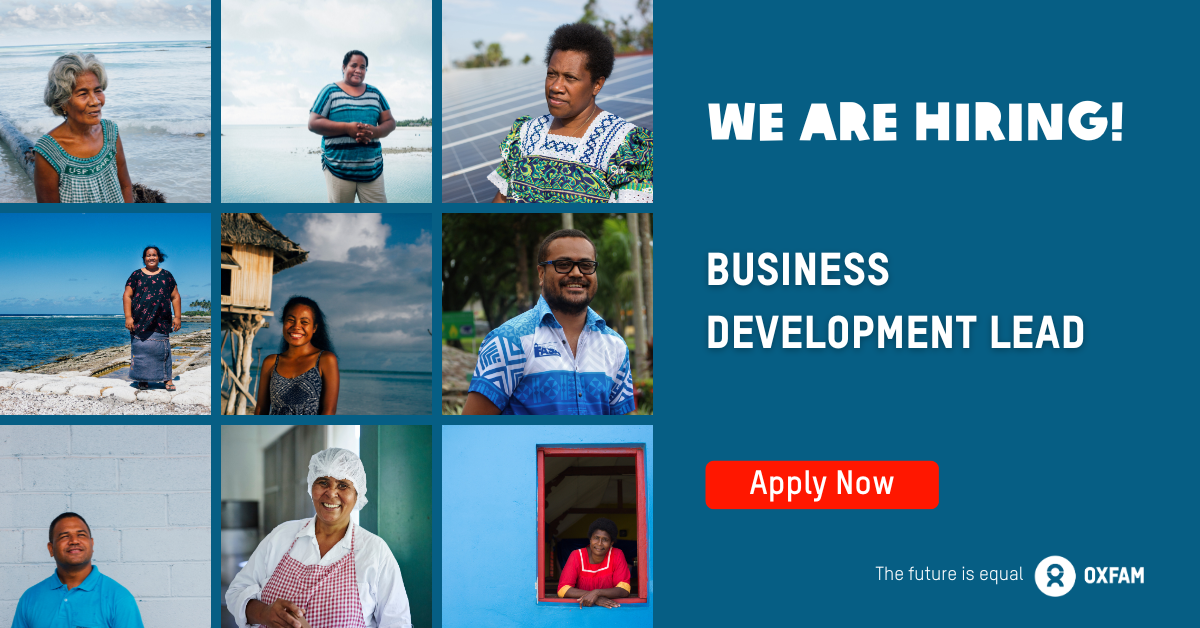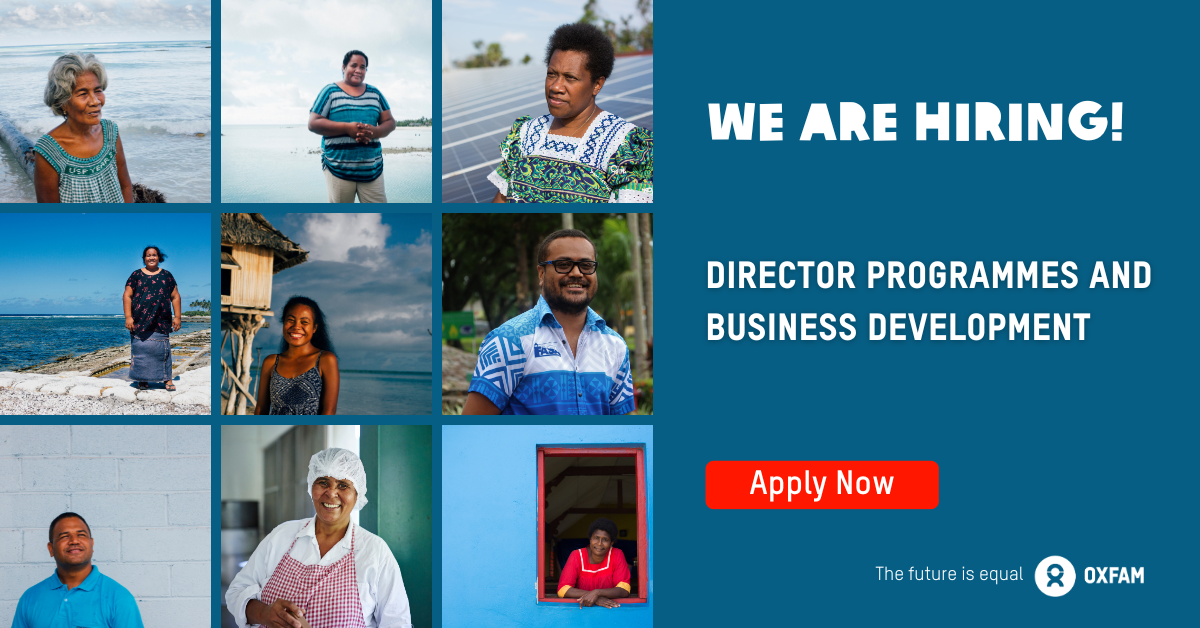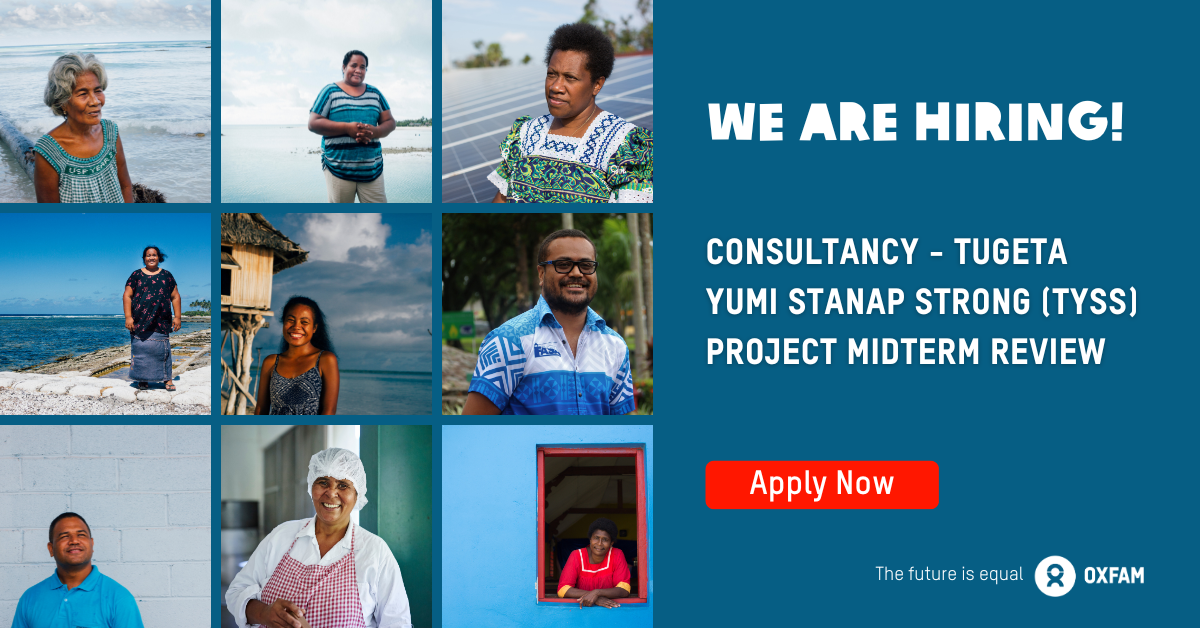By Harrison Selman
The Pacific Disability Forum (PDF) and the International Planned Parenthood Federation (IPPF) have agreed to work together in addressing sexual and reproductive health needs of people living with disability.
Their Memorandum of Understanding ( MoU) formalises and builds on the existing partnership between the organisations.
IPPF Director Programme and Operations, Karen Hill, says the partnership is important for both organisation given their commitments to leaving no one behind.
“And that’s certainly our priority within our Pacific strategy.
“So we are completely committed to implementing our strategy,” she said.
IPPF says an estimated 17 per cent of people in the Pacific have some form of disability, and that people living with disabilities are often excluded from education and employment and their sexuality is rarely acknowledged, which constrains their rights. Furthermore, people living with disabilities, particularly women and girls, are more vulnerable to sexual and gender-based violence.
The organisations will work together to ensure that IPPF clinical services, awareness raising activities, advocacy and humanitarian responses are disability-friendly and inclusive.
PDF provides leadership and serves as the regional focal point on disability issues in the Pacific and provides various national disabled persons organisations in the region, donor and development partners and the broader civil society and private sector in the quest to ensure people with disabilities live in an inclusive, barrier-free and rights-based society in Pacific island countries.
PDF CEO, Mr. Setareki Macanawai, commended the partnership adding that the initiative will also benefit PDF’s members across the region.
“We are regional organisation supporting national efforts.
“Our commitment will always about making the life of people with disabilities on the ground better through the shared support,” he said.
IPPF is a global, non-government organisation that consists of 134 Member Associations working across 145 countries, with another 26 partners working in 21 countries. Our vision is for all people to be free to make choices about their sexuality and well-being, in a world free of discrimination.

